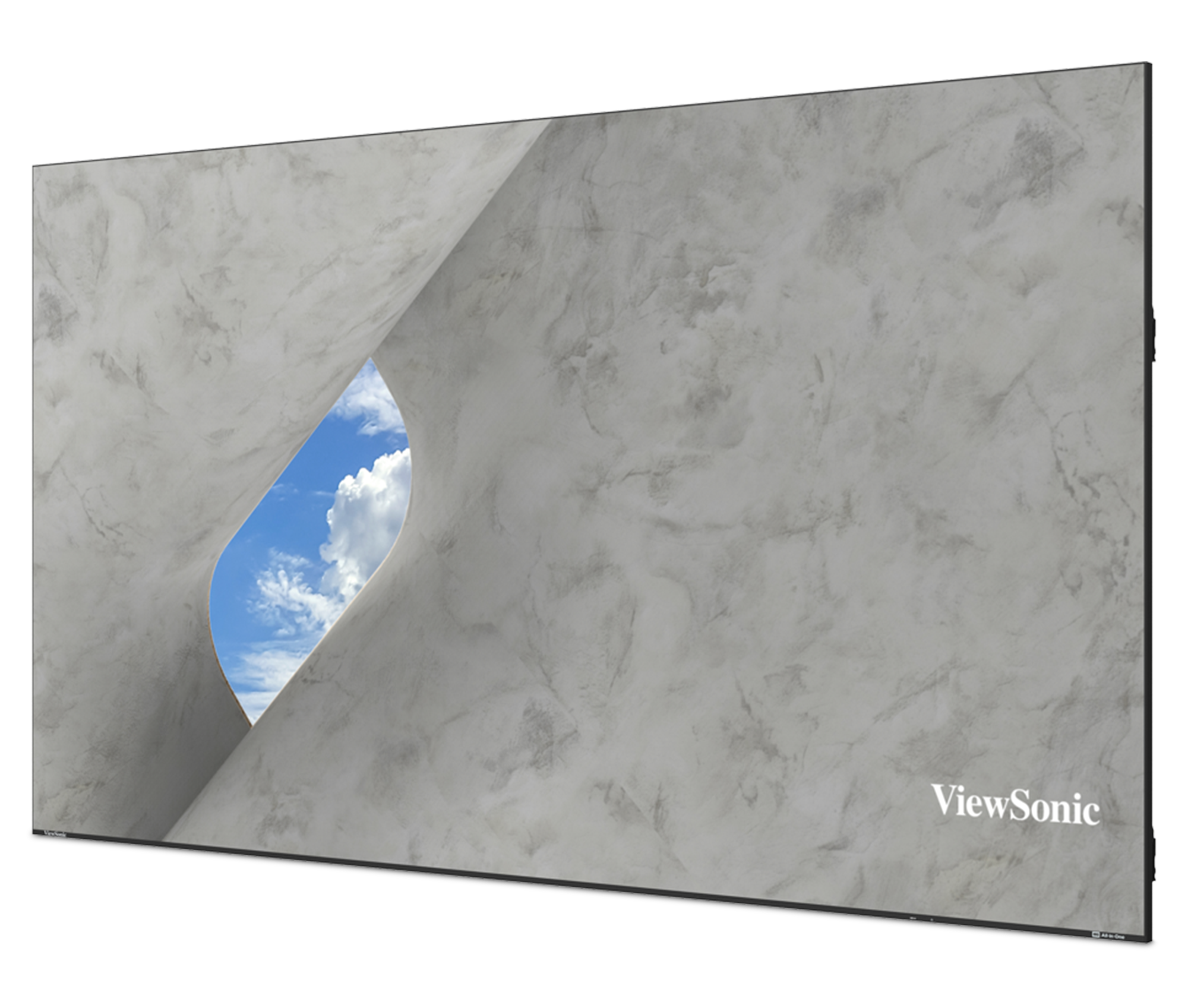What is Change if it Doesn't Happen? by Ben Grey
Tools and ideas to transform education. Sign up below.
You are now subscribed
Your newsletter sign-up was successful
We're nearing the end of the school year, and I find myself here in this place of reflection. I'm thinking of that which has come to pass and that which lies ahead. And I'm thinking of change. Specifically, change in the way we presently educate our masses.I know it isn't anything that hasn't been discussed before; some may even say discussed ad nauseum. The problem is, for all the effort we've given the discussion, there doesn't seem to be much in the way of tangible results out there. It's as if we've been in a state of perpetual exercise only to notice we've neither reduced our weight nor increased our overall health. In fact, by many standards, it appears we've been dining exclusively on fares replete with deep fried Twinkies snuggled in blankets of bacon. I have no delusions that this post will serve as any kind of catalyst that will do that which we haven't been able to do thus far. I just hope the conversation will serve to help guide us to a beginning.
I was struck with thoughts of this subject as I listened to TWiT 197 earlier this week. It starts off a bit slow, but the second half is absolutely riveting. The panel members engage in a discussion about modern education, and one of the most salient points of the show happens when Leo Laporte asks high school junior, Jake Jarvis how he handles the present educational construct, and Jake responds, "I just do what I'm told." Lest you think Jake is a mere lemming in the system, he's actually a fairly successful Facebook developer who was recently named one of the top 10 young entrepreneurs to watch. What are we doing for students like Jake who are accomplishing their greatest feats of education outside the confines of our educational system? Should his story make us more aware of our need to change?
On a related note, Clay Christensen wrote an interesting piece for CNN this week discussing the steps we aren't taking to make necessary change. He states that our current economic crisis nearly forced us to consider change, but then the government interceded to the tune of nearly $100 billion to prop the cardboard shanty back up. His four suggestions for change will likely be met with some criticism, but I think they may be a good point to begin talking about where we should be headed.
And I think that is likely the biggest issue in all of this. The question, "Where should we be headed?" We hear talk of change, and we all seem to desire change, yet in what direction are we headed to find the change? Many people advocate taking small steps to start, but again, in what direction are we taking these steps? It seems as though everyone is taking their small step in a different direction than most everyone else, and our change is serving to work against itself through fragmentation.
When I was a kid, I used to sit on my bed at night and try to figure out how long forever is. Invariably, I'd reach a point where my mind would approach the boundary of understanding, and it would feel like the world suddenly tilted. I'd find myself so utterly overwhelmed by the notion that I'd have a hard time catching my breath. That's pretty indicative of what this conversation feels like to me at times. I find myself the smallest pebble in the largest ocean, wondering how the insignificance of me can work to cause even the slightest ripple in the vastness that is the institution. I reach this point, and I almost feel like succumbing to the impossibility of understanding what must be done. Almost.
Then I think of why we advocate for change. For the sake of students like Jake, and more than likely, the majority of students in our institutions, we must pursue progress. We must find the change. We just have to get it together and figure out what the change is we're looking for.
I may well have doomed this post by its enormity, but that's a reality we must first face. The task is so large, and so daunting, we can easily find ourselves sitting on the edge of our own beds, paralyzed by the tilting of the world as we approach the boundary of understanding. But there has to be a way. There simply has to be. There has to be a way to boil it all down and see what is at the core. Then, we take the core, identify it, and move forward with it.
Tools and ideas to transform education. Sign up below.
